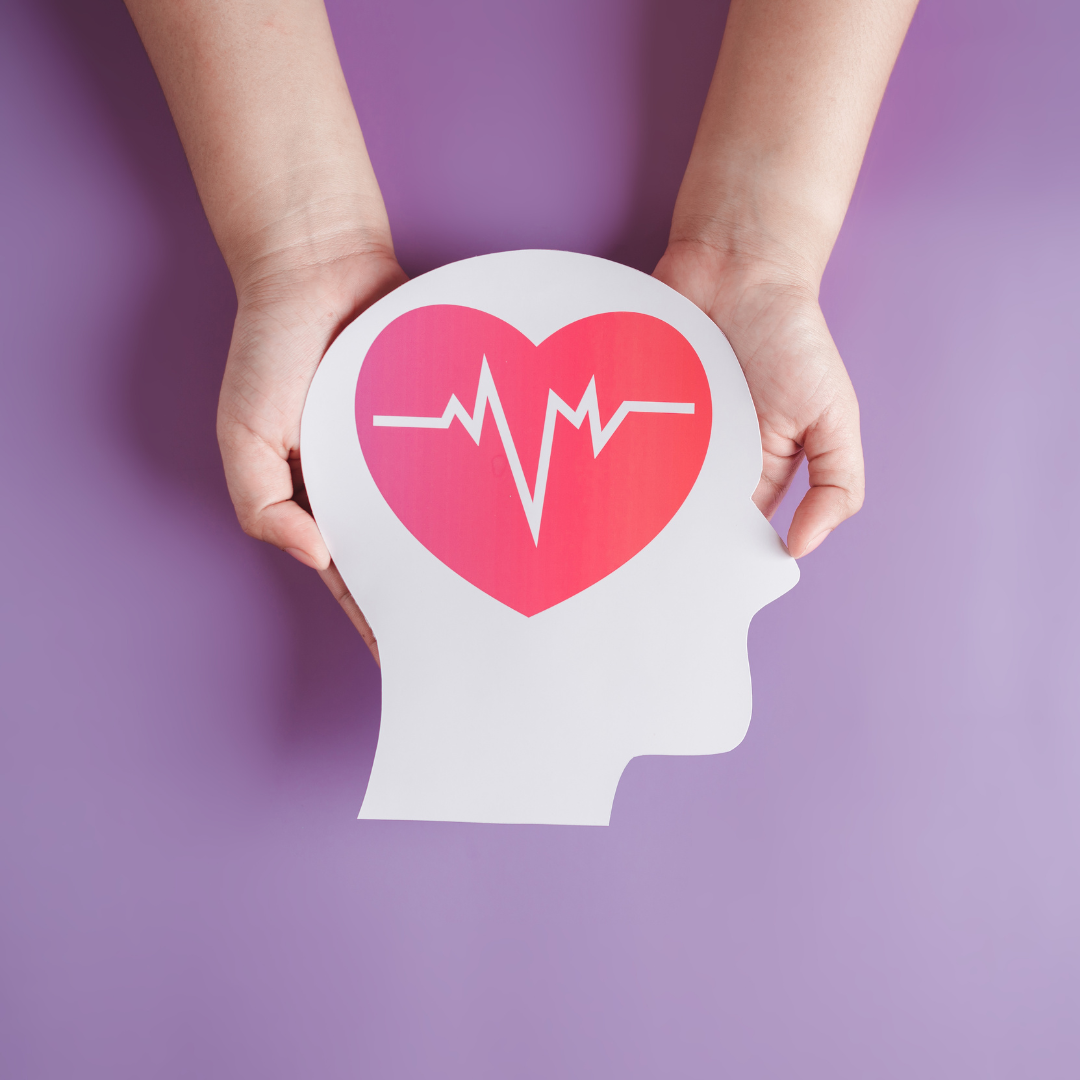Child maltreatment, such as abuse, neglect, or family dysfunction, affects millions of children each year. Unfortunately, many children are unable to express how they are feeling or are unable to articulate how they were victimized effectively.
Definition of Trauma
Trauma can be defined as a “harmful experience that has lasting effects on one’s physical, mental, emotional or spiritual health.” In today’s society, youth face a variety of traumatic events, especially children growing up in poverty and those exposed to domestic violence, child abuse, and neglect. Many children experience the consequences of trauma early in life, such as post-traumatic stress disorder (PTSD), emotional and behavioural issues, or issues with their behaviour and attention.
There are various types of trauma that children can experience, and each trauma can result from a range of factors. For instance, complex trauma arises from enduring many difficult events over a long period. On the flip side, sexual trauma occurs when a child experiences things like abuse or harassment, and it can have lasting effects on their feelings. When it comes to generational trauma, it typically unfolds when the struggles, emotional pain, and negative effects of traumatic experiences pass from one generation to the next. Healing Generational Trauma or any other trauma, for that matter, often requires a caring approach that understands the pain from the past and helps the child to feel better and recover.
Cause of Trauma
Trauma can disrupt a child’s ability to trust others, feel valued, or feel safe. It can also prevent them from developing a strong, healthy relationship with a parent or caregiver. This can cause them to look for love outside of their family, or they can feel unlovable. Children who have experienced trauma can display different behaviours: hyperactivity, depression, or ADHD. Trauma can cause a child to feel confused, sad, scared, angry, or withdrawn. It may also cause them to feel numb or hopeless.
Children have the potential to heal from trauma, but they need support-and their parents need to be able to provide it. Through trauma, children may experience physical, psychological, or sexual abuse or witness to or experience the violent death of a family member. Trauma is a serious business for these children and families, and its effects can become chronic, interfering with the child’s ability to have healthy relationships.
When a child experiences a traumatic event, the body’s response can be extremely traumatic. The sudden release of stress hormones can make the body feel numb, confused, or overwhelmed. It is a natural response that is meant to help the child cope. However, when trauma is experienced repeatedly, the body’s responses can become habitual, and the trauma stays in the body. When this happens, trauma can become a gateway to other struggles, such as eating disorders, anxiety, and depression.
Helping children heal from trauma
Trauma happens when a child experiences an event, such as abuse, neglect, or violence, that overwhelms their coping skills and threatens their sense of safety. Children can have difficulty processing their feelings and thoughts, making it challenging to deal with and process the traumatic event. You can support your child’s recovery by helping them identify their emotions, develop coping skills, and have a healthy sense of self-worth and autonomy.
As parents, we can equip our children with the tools they need for effective life preparation. By helping them understand the reasons behind their life choices and helping them build resilience, we can effectively help them heal from trauma.
Trauma can affect people of all ages from all walks of life. It can happen to anyone, anywhere. There are very few circumstances in life that are immune from the impact of trauma. Unfortunately, not every person who experiences trauma seeks help. But, when trauma does occur, people must receive the help they need. The earlier they recognize and talk about their feelings, the sooner they can begin healing.
However, if the trauma is caused by sexual abuse, which can unfortunately take place anywhere from homes and schools to churches and youth organizations, the help needed may be not just medical but also legal. In cases of institutional sexual abuse, specialists in this area can provide guidance. They can also arrange for child sexual abuse compensation, assist in filing legal claims, and offer support throughout the legal process. Seeking justice for survivors of institutional sexual abuse often involves collaboration with law enforcement, child protective services, and legal professionals specializing in such cases.
Treating trauma
Children who have experienced abuse or neglect often carry deep emotional and mental scars that can affect them for a long time. Healing from these experiences requires patience and nurturing, regardless of the person’s age. Child trauma can continue to impact individuals even as they grow older, underscoring the importance of addressing it proactively. That is why conducting this childhood trauma test, even during adulthood, can be incredibly important sometimes. It can allow you to recognize and comprehend the lasting impact of past trauma, guiding you in offering the right support and fostering healing.
One of the best thing you can do to help your child heal is to be there for them and to support them, not how a child reacts to trauma but how they respond. It is important to remember that trauma affects children differently from adults. Understanding these differences can help you identify potential red flags and respond in a way that is appropriate for your child.
Trauma affects children and adults alike, with symptoms including anxiety, flashbacks, nightmares, depression, and anger. Symptoms that may appear in childhood are often very subtle and may go undetected until adulthood. But fortunately, there are many ways to heal from trauma, including talk therapy, psychotherapy, and medication.
The first step to helping your child heal from trauma is acknowledging that they are suffering and that the healing process will take some time. Being afraid or confused about dealing with trauma is normal, and your child may feel the same way.

